National Databank: Free Mobile Data for UK Communities
Table of Contents
In today’s connected world, access to the internet is a basic enabling tool for work, education, health services, and social connection. Yet, as highlighted by Ofcom, in the UK there are still around 2 million households without home internet access, and approximately 2.4 million people who cannot afford a mobile-phone contract. To help bridge this gap, the charity Good Things Foundation launched its initiative called the National Databank, described as “like a foodbank but for mobile data”. This article explores what the National Databank is, how it works, who it helps, and why it matters.
What is the National Databank?
The National Databank is a service that provides free mobile SIM cards and data packages to people who are unable to access the internet at home or via mobile (or whose data access is insufficient) and are living on a low income. It was launched in July 2021 by Good Things Foundation in partnership with mobile network operators (initially with Virgin Media O2) during the COVID-19 pandemic to help with issues of digital exclusion and data poverty.
The idea is that just as foodbanks give people access to essential resources they cannot afford, the National Databank gives access to mobile internet data, recognising that internet connectivity is increasingly essential for daily life.
How does it work?
Here’s a breakdown of the process:
Data donation: Mobile network partners such as Virgin Media O2, Vodafone and Three UK donate SIM cards and mobile data.
Hub distribution: Good Things Foundation distributes these SIM/data packages via local organisations (Digital Inclusion Hubs) across the UK. This network has grown significantly: by early 2022 the number of hubs had grown from 34 to “over 1,000” and now “over 3,500 Digital Inclusion Hubs” are offering the National Databank.
Eligibility & access: Individuals aged 18 + from a low-income household, who have no or insufficient home internet access, or mobile internet access that they cannot afford, can receive the data package through one of the local hubs.
Impact: As of the latest figures on the site: over 250,000 data packages have been given out. Among recipients: 89% feel more digitally able and/or safe, and 92% feel happier, healthier and/or better off.
Who benefits and what difference does it make?
The main beneficiaries are individuals and households who are:
Without home internet, or with very limited/poor connectivity.
Without a mobile data contract they can afford, or whose existing data provision is insufficient.
Living on a low income, which often overlaps with other vulnerabilities and social inequalities (e.g., older people, people in rural areas, those experiencing unemployment, or with caring responsibilities).
Why this matters:
Internet access unlocks many opportunities: job search and applications, digital training, online banking, accessing government/health services, staying in contact with friends/family, and participating in the digital economy.
Lack of access can lead to exclusion and isolation: missing out on services, being unable to verify information, or being cut off from social networks.
The reports from recipients of the National Databank show meaningful improvements: the high percentages who say they feel more digitally able and feel better off indicate that the intervention has tangible impact.
Points to consider/tips for users & organisations:
If you’re an individual: check if there’s a local hub near you offering the National Databank. You’ll need to meet the eligibility criteria (18+, low income, insufficient internet access) and go via a participating organisation.
If you’re an organisation: consider joining the National Digital Inclusion Network (which is free) to become a hub offering this service, and apply to receive data packages.
Understand that the data package is not currently available via direct application by individuals through Good Things Foundation. You must go via a local hub.
Connectivity is not just about data - ensure that users also have support/training in how to use devices, stay safe online, and get value from being connected. Organisations offering the SIM/data should consider this as part of the package.
Keep track of changing eligibility, availability, and local hub capacity. Even though the initiative has grown, demand is still increasing. This means in some areas there may be waiting lists or limited slots.
Looking ahead: the bigger picture
The National Databank is part of a broader push to fix the digital divide in the UK. Having mobile data is a key enabler, but it must be accompanied by device access, digital skills, safe/secure usage, and ongoing support. Initiatives like this highlight that solving the digital inclusion challenge is multi-faceted.
In a post-pandemic world where more services (healthcare, benefits, employment, social interaction) rely on internet access, ensuring people are not left behind is critical for social justice, economic opportunity and community health.
The fact that the National Databank has reached hundreds of thousands of people in a relatively short time is promising, but the underlying need remains vast. Continued partnership, funding, innovation and local delivery will be necessary to ensure more people benefit.
If you or someone you know is struggling to afford mobile data, or if your organisation wants to help deliver connectivity in your community, the National Databank is a great place to start.




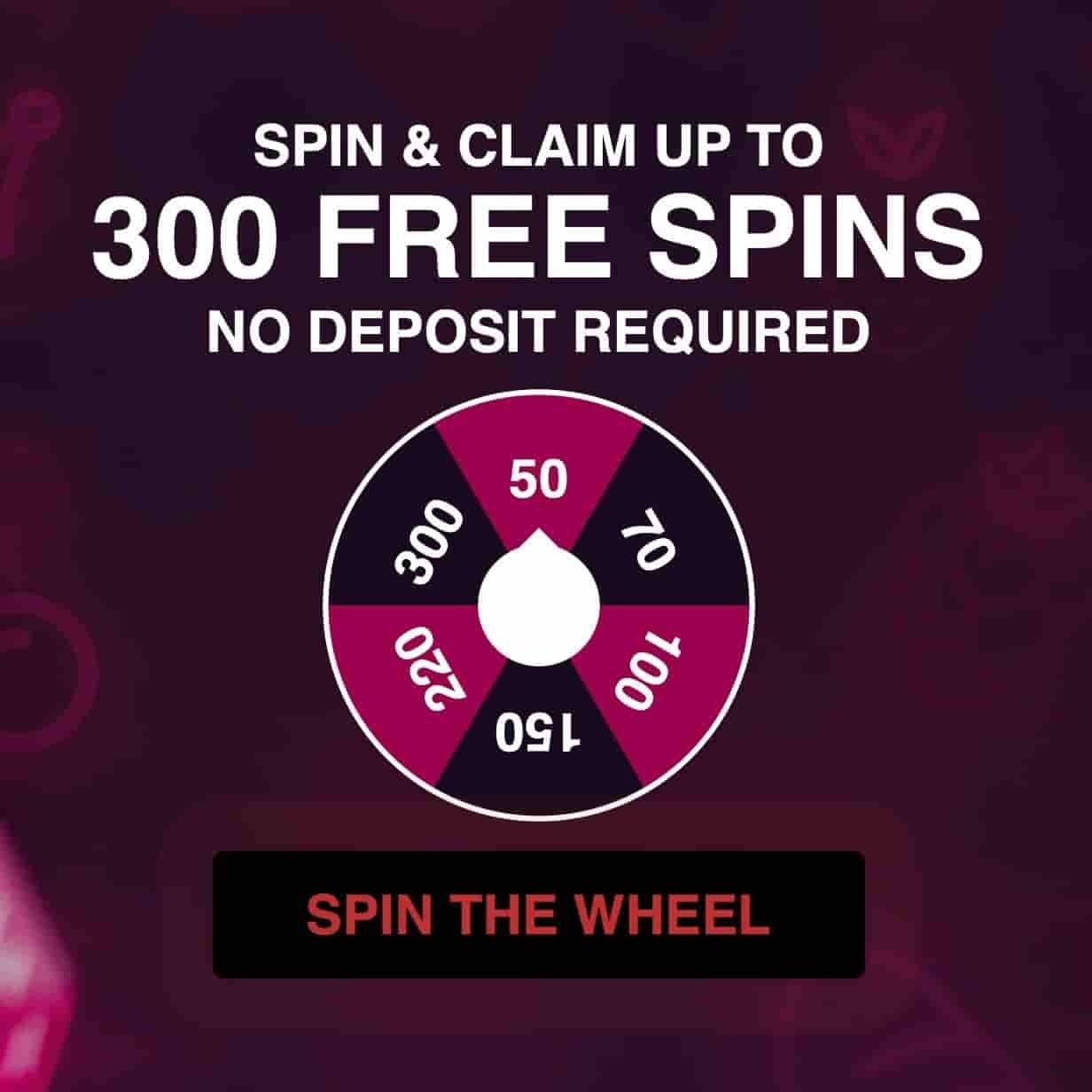

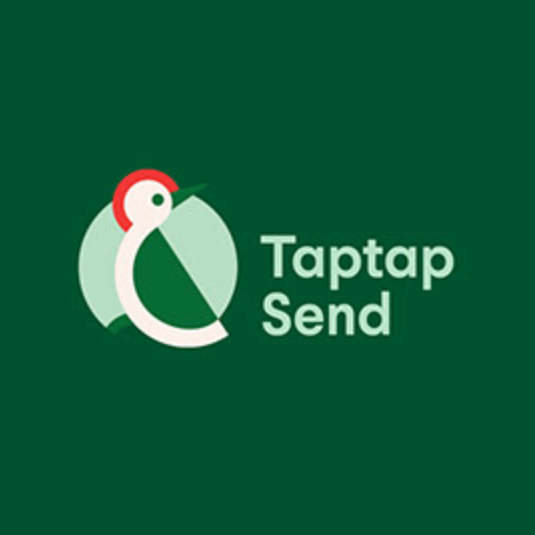

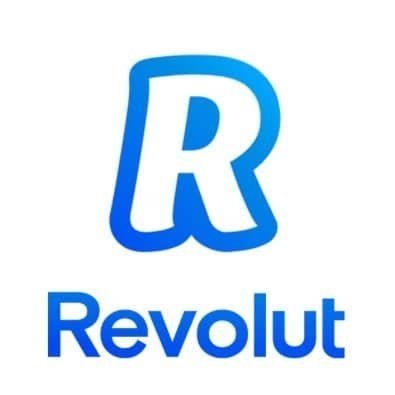







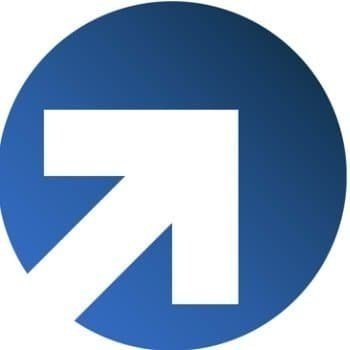


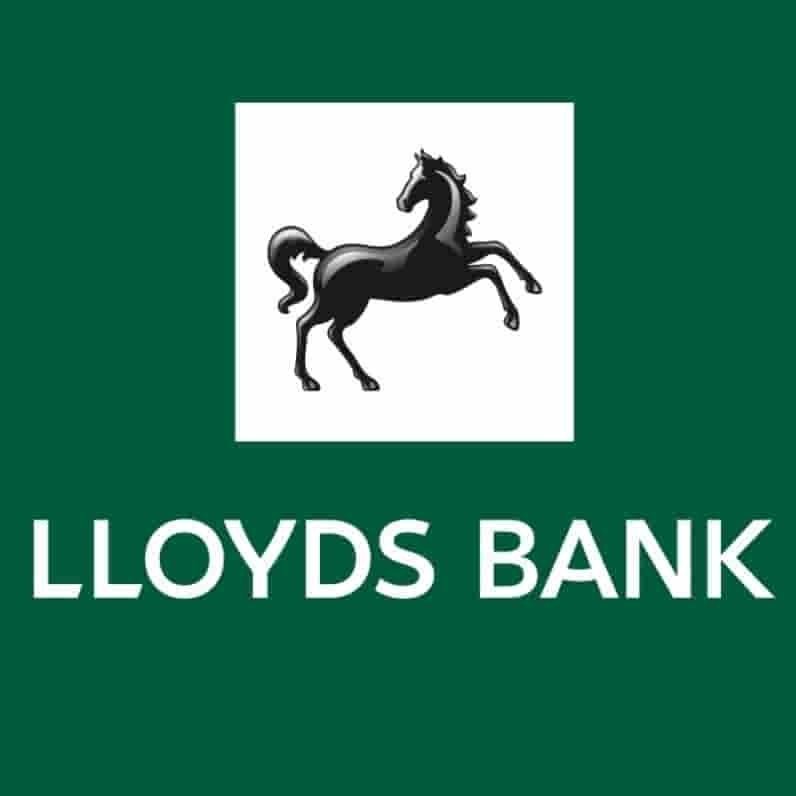






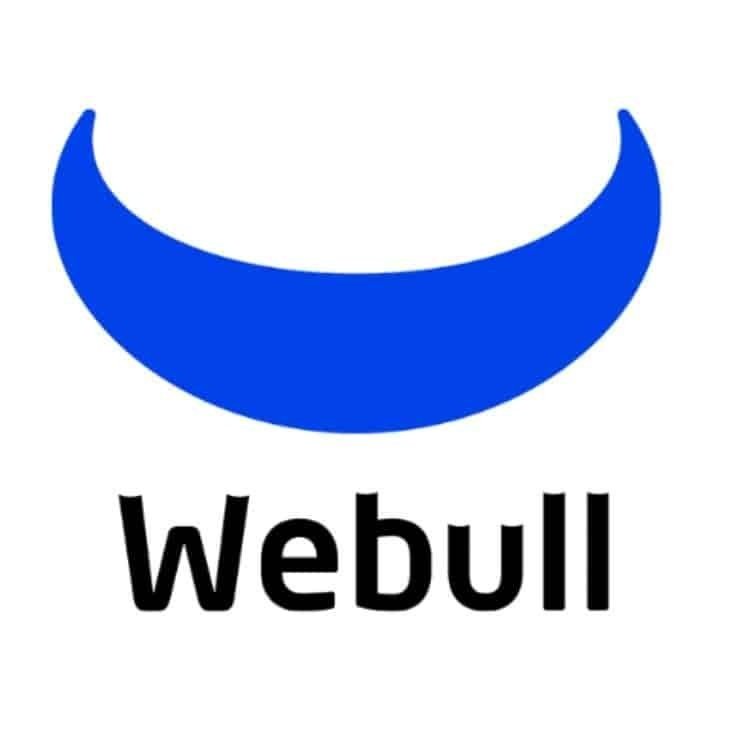




CLAIM NOW
Cashback is a website and platform which offers users cashback in exchange for completing tasks. To claim your £10…